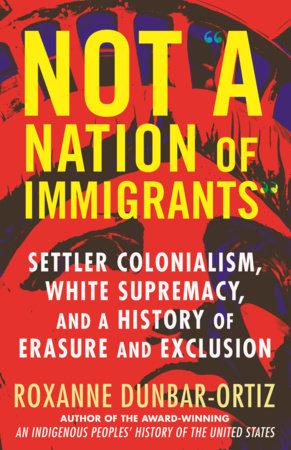We wrote to officials in Colombia about the ongoing dangers facing Nasa Indigenous peoples in Cauca Department who are under pressure from illegal armed groups with an agenda of expanding illicit crops, illegal mining, and drug trafficking. In two separate attacks on one Nasa Indigenous Reserve last month, three members of their nonviolent peacekeeping force (Indigenous Guard) were killed: on January 14, Breiner David Cucuñame López, member of the Student Indigenous Guard of Cauca; Indigenous Guard member Guillermo Chicame Ipia was killed during the same attack; and ten days days later, José Albeiro Camayo Güetio, a former coordinator of the Guardia Indígena del Cauca, was killed. Fourteen-year-old Breiner David Cucuñame López was known as a committed environmental and indigenous rights activist. The Regional Indigenous Council of Cauca (CRIC) described Breiner as “a carer for Mother Earth, a child protector of life and a Nasa of collective actions and grand dreams.” ... Recent figures released in January 2022 showed that last year, a social leader—whether a human rights defender, community activist or environmentalist—was killed every 60 hours in Colombia.
- Home
- About Us
- Issues
- Countries
- Rapid Response Network
- Young Adults
- Get Involved
- Calendar
- Donate
- Blog

